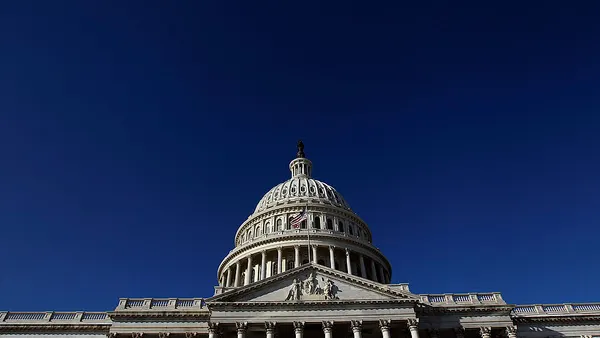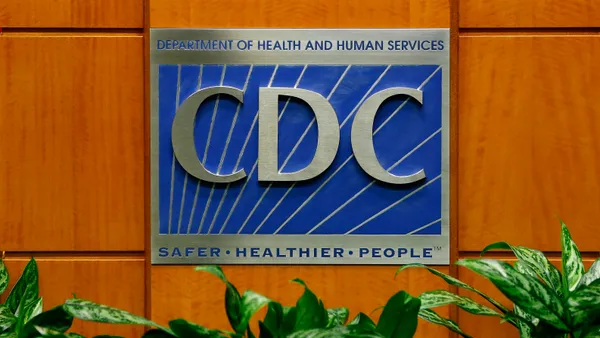Dive Brief:
- The House of Representatives has begun considering a new bill, sponsored by Rep. Adrian Smith (R-Neb), that would eliminate the 96-hour physician certification rule as a condition for paying critical access hospitals, according to the House website.
- If the bill passes, CAHs will still have to maintain an annual average length of stay of 96 hours, but it would provide room for hospitals to permit longer stays without the feds withholding payment.
- Not surprisingly, the American Hospital Association is lobbying hard to push this bill through Congress. For starters, Rick Pollack, EVP of the AHA, sent a letter to Rep. Smith on Wednesday underscoring the trade group's support for the measure. "While CAHs typically maintain an annual average of 96 hours per patient, they offer some medical services that have standard lengths of stay greater than 96 hours," Pollack observed. "If CAHs are forced to eliminate these '96-hour plus' services, the resulting financial pressure on CAHs would severely affect their ability to operate and care for patients in rural communities."
Dive Insight:
CAHs are the bulldogs of healthcare, taking it on the chin while providing care in the worst of circumstances. The job is even tougher for CAHs in rural areas, which have been the ones hit the hardest by the 96-hour rule.
This bill, if passed and signed into law, would give some much-needed relief for those hospitals and give them a better opportunity to provide additional care to the worst cases that get wheeled in their doors.
Fortunately for hospitals, this is a small measure, which means it shouldn't encounter too many roadblocks to passage. But it could make a big difference for these rural underdogs. CAHs have enough issues just trying to do their jobs and provide the best care in critical cases. Being freed up to discharge patients when they think it best will be a weight off their shoulders.
Want to read more? You may enjoy this story on rural healthcare: Efficient, safe and a lot cheaper.













